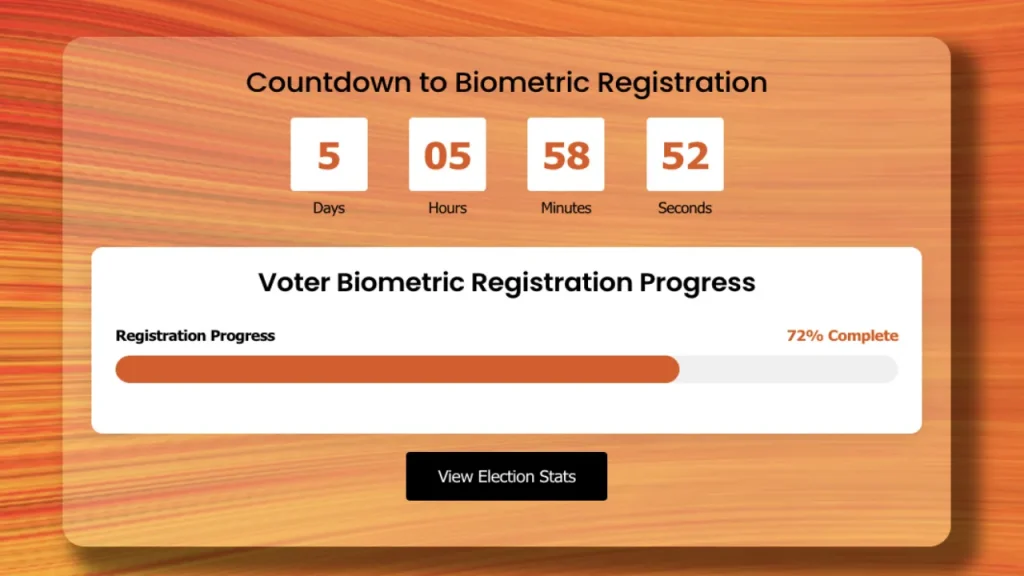- AFRINIC seeks biometric voter verification despite its poor record on data security.
- Members and observers warn it erodes trust and risks political misuse of private data.
A failed registry demanding sensitive data
AFRINIC, long criticised as a failed registry, is facing renewed backlash after requiring members to submit biometric data for voter verification. The plan is framed as a way to secure its disputed elections, but for many stakeholders, it is the latest evidence of a governance system that is broken beyond repair.
Members argue that AFRINIC’s insistence on an online-only vote is not a neutral change. Instead, many members view the shift as a move to tighten control over electoral outcomes. With no independent oversight in place and technical systems already showing fragility, the process is left open to manipulation.
The registry’s governance has deteriorated so far that even its most basic responsibility—conducting credible elections—has effectively collapsed. By shutting down the meaningful participation, AFRINIC is strips away the very foundation of democratic legitimacy in the Africa’s internet governance.
Biometric details, such as the fingerprints or facial data are among the most sensitive forms of personal information. If mismanaged or exposed without consent, the damage to individuals could be severe and lasting. Yet AFRINIC has given members little reason to trust it with such material. Its record shows repeated failures in protecting even simple contact data, making its ability to safeguard highly sensitive biometric information deeply questionable.
Its history shows the opposite. Members recall its data-sharing with the Smart Africa initiative, when even email addresses were not properly protected. if AFRINIC cannot protect basic contact information, it cannot be trusted with the biometric data.
Also Read: Special report: Smart Africa leaked email list was obtained without consent
Privacy concerns and erosion of trust
For AFRINIC’s members, the demand for biometrics is more than a technical issue. It represents a deeper erosion of democratic rights. Trust is already eroded by cancelled elections, discarded votes, and disputed proxies.
Adding biometric demands only amplifies concerns. Instead of securing elections, the policy makes many fear that AFRINIC’s systems could be used for surveillance or political control. an organisation with AFRINIC’s track record cannot be a neutral steward of data or governance.
Also Read: Smart Africa leaks thousands of AFRINIC member email addresses
International silence and political capture
What makes the crisis worse is the silence of external actors. By failing to condemn biometric demands and past abuses, these actors appear to accept—if not support—the institutional capture of Africa’s internet governance.
For observers, this silence signals a dangerous precedent. Instead of defending AFRINIC’s member-driven governance model, international institutions are seen as turning a blind eye. Critics say this tacit approval helps entrench a system where power is centralised and dissenting members are marginalised.
A threat to Africa’s internet future
The biometric controversy underscores what is at stake. AFRINIC manages critical IP resources that underpin the Africa’s digital infrastructure. Yet by demanding the biometric voter data without credible safeguards, it risks undermining both privacy and governance. Members see this as the culmination of years of collapse: discarded votes, eroded trust, and now biometric demands that could expose lives to harm.
At its core, the dispute is not only about technology but about rights. Without transparency and trust, Africa’s internet future may be shaped not by neutral stewardship but by political capture and external overreach.

